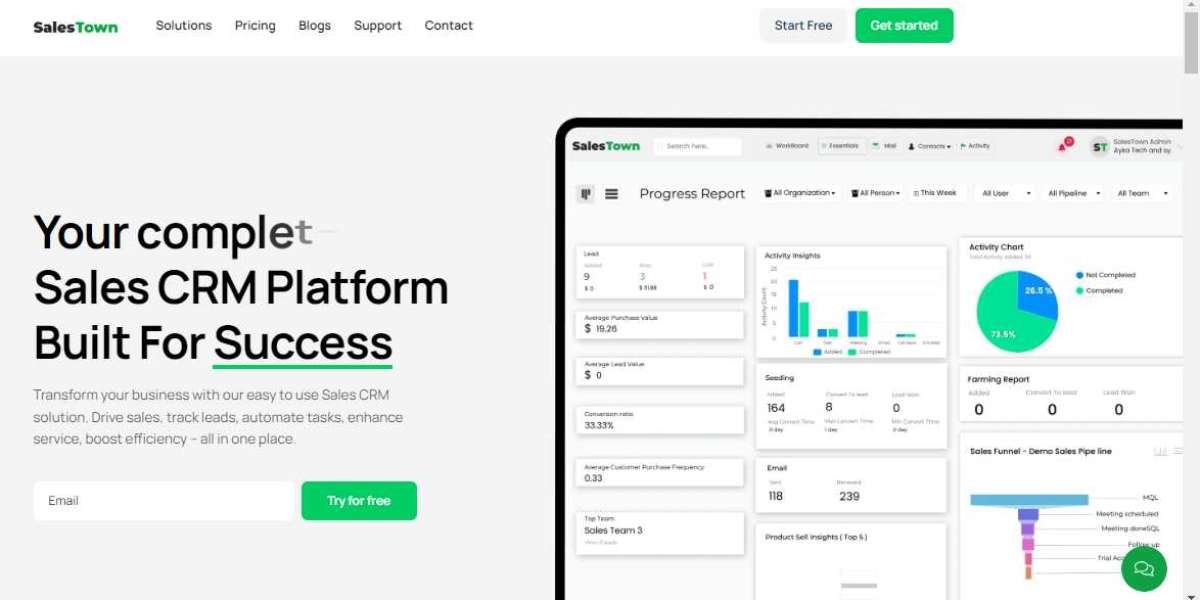Why CRM software is important
Customer Relationship Management (CRM) software is important for businesses for several reasons, as it helps in managing and improving interactions with customers throughout the entire customer lifecycle. Here are some key reasons why CRM software is important:
Centralized Customer Data:
- CRM systems centralize customer data, storing information such as contact details, purchase history, preferences, and interactions in one place. This helps businesses have a comprehensive view of their customers.
Improved Customer Relationships:
- CRM software enables businesses to understand their customers better by tracking their preferences, behaviors, and needs. This understanding allows for more personalized and targeted interactions, leading to improved customer relationships.
Enhanced Communication:
- CRM systems facilitate communication within an organization by providing a centralized platform for teams to share customer information. This ensures that everyone in the organization is on the same page and can provide consistent and informed responses to customer inquiries.
Sales and Lead Management:
- CRM tools assist in managing sales leads and opportunities. They can automate sales processes, track leads, and provide insights into the sales pipeline, helping sales teams prioritize and close deals more effectively.
Customer Service Improvement:
- CRM software helps in providing better customer service by ensuring that customer inquiries and issues are promptly addressed. It allows customer support teams to access customer information quickly, leading to more efficient problem resolution.
Marketing Automation:
- CRM systems often include marketing automation features that help businesses create targeted marketing campaigns. By segmenting customers based on their preferences and behaviors, businesses can send personalized and relevant marketing messages.
Data Analysis and Reporting:
- CRM software provides tools for data analysis and reporting, allowing businesses to gain insights into customer trends, preferences, and behaviors. This information can be used to make informed business decisions and refine marketing strategies.
Increased Efficiency:
- Automation features in CRM software streamline various business processes, saving time and reducing manual efforts. This increased efficiency allows teams to focus on more value-added tasks and activities.
Customer Retention:
- By understanding customer needs and preferences, businesses can implement strategies to improve customer satisfaction and loyalty. This, in turn, contributes to customer retention and long-term business success.
Scalability:
- As businesses grow, CRM software can scale to accommodate increasing amounts of customer data and interactions. This scalability ensures that the CRM system remains effective and relevant as the business expands.
In summary, CRM software is crucial for businesses looking to build and maintain strong relationships with their customers, streamline internal processes, and make data-driven decisions for sustained success.
Read More :
Best B2B CRM Software Provider








